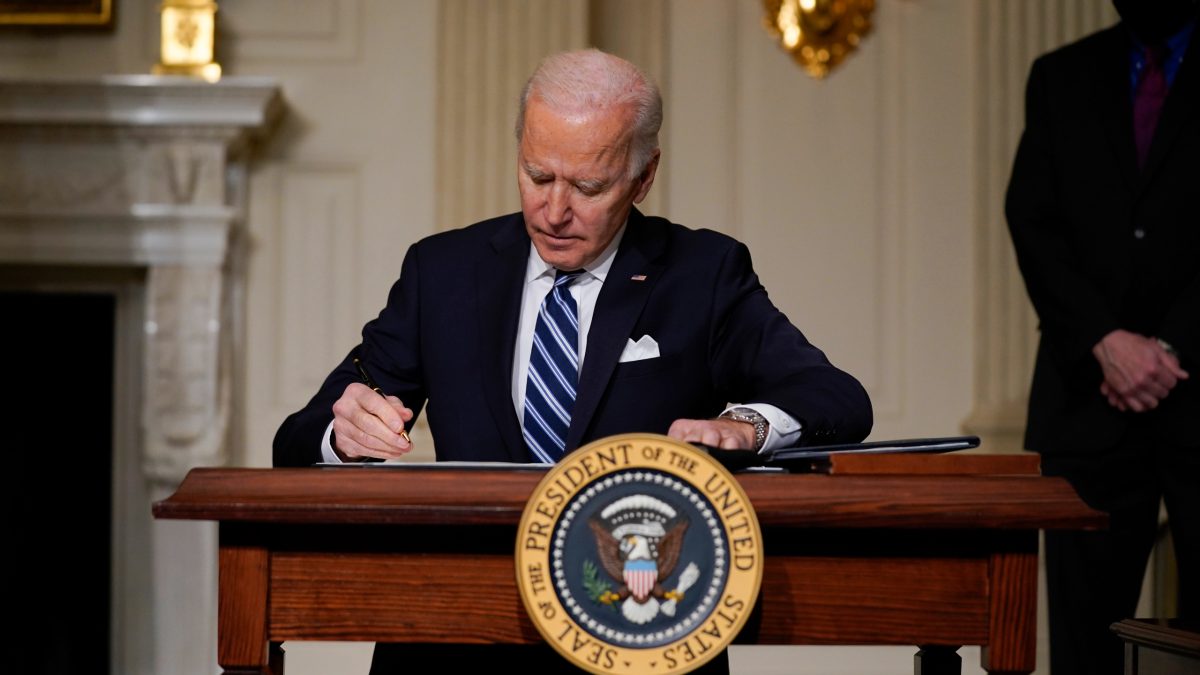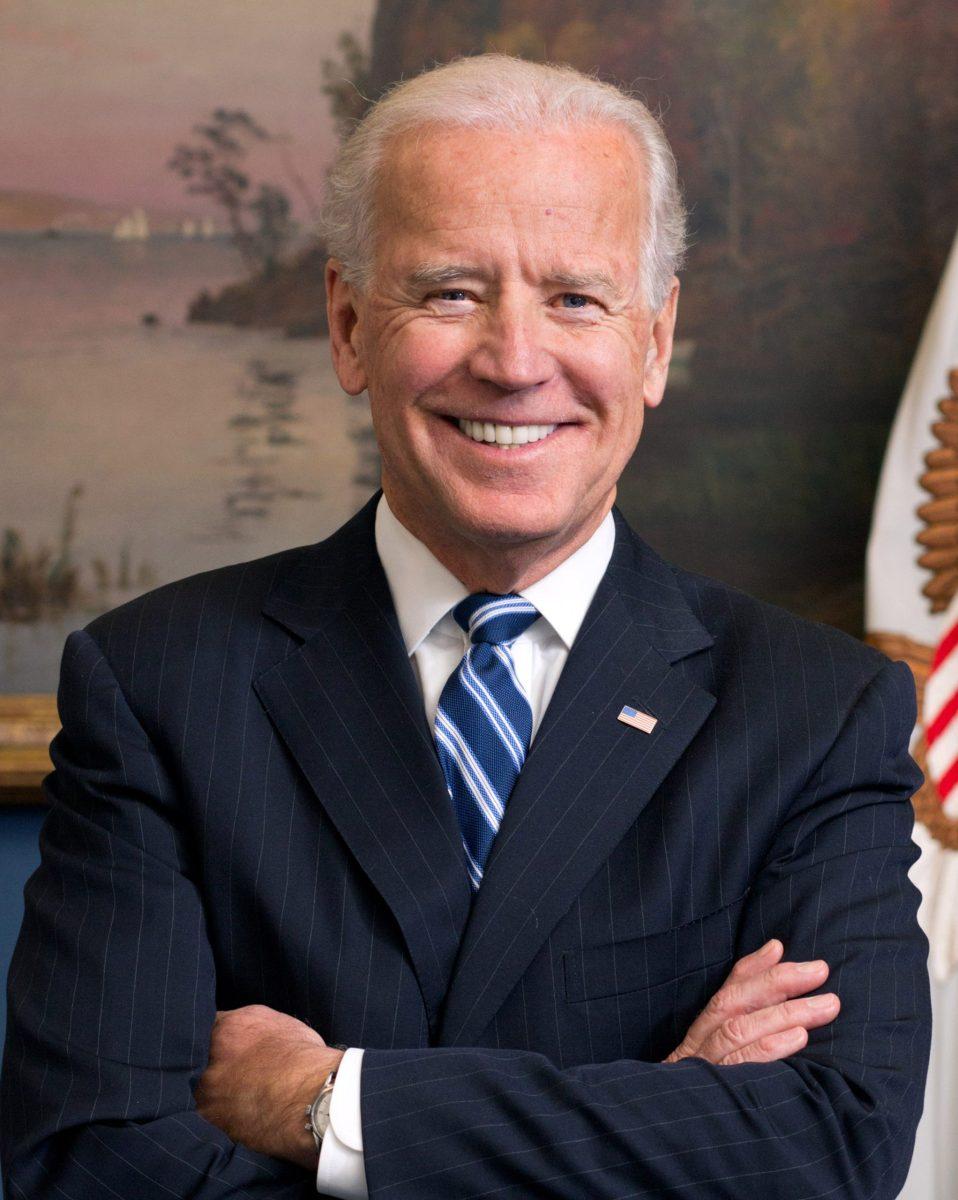Edward Snowden, a whistleblower to some and a traitor to others, is once again all over the news, but for something other than the release of the new biographical political thriller film, Snowden. As Snowden’s time permitted in Russia dwindles to less than 11 months, the push to pardon Snowden is stronger than ever. The American Civil Liberties Union (ACLU), Amnesty International (AI), and Human Rights Watch (HRW) joined the call for President Barrack Obama to issue a pardon for Snowden, who revealed information about the National Security Agency’s (NSA) massive surveillance programs. In a press conference on September 15th, representatives from all three human rights organizations echoed their backing of a Snowden pardon. Anthony Romero, ACLU’s executive director, went as far as to say, “cases like Edward Snowden’s are precisely why the presidential pardon power exists.” Romero and many others believe that mitigating circumstances should excuse Snowden’s crimes. Perhaps Romero is even referring to the fact that many of the NSA’s bulk collection programs that Snowden exposed were ruled unconstitutional by a United States appeals court; however, that ruling was overturned three months later by a higher appeals court.
Despite support from high-level organizations and people, a Snowden pardon seems improbable. “I do not think he [Edward Snowden] can ever come back to America unless the law changes very significantly,” said Daniel Ellsberg, the US military analyst who released the Pentagon Papers on the Vietnam War, in an interview which featured Snowden. Ellsberg, who feels a “great identity with Edward Snowden,” understands that Snowden has not only embarrassed the intelligence services, but has also curtailed their activities — and for that, they will never forgive him.
What makes a Snowden pardon almost entirely out of the question is news that on September 15th, Lawmakers on the House Intelligence Committee unanimously signed a letter asking President Obama not to pardon Snowden. “We urge you not to pardon Edward Snowden, who perpetrated the largest and most damaging public disclosure of classified information in our nation’s history,” the letter stated. The House Committee backed its claims that Snowden’s leaks were extremely “damaging” through their submission of a 36-page report on the investigation of the leaks and their effects. The reports currently remain classified, but a three-page summary was released contending that Snowden was “not a whistle-blower,” and claimed that most of the documents he stole “have nothing to do with programs impacting individual privacy interests — they instead pertain to military, defense and intelligence programs of great interest to America’s adversaries.”
As it currently stands, the administration will almost certainly maintain its position from July when it asked Snowden to return to the United States to face trial. However, Snowden has been firm that he will not return to the United States unless he can face a fair trial, which he has not been guaranteed. If Snowden were to face trial he would not be allowed to testify in front of a jury or face his accusers. Snowden’s prosecution would be a military tribunal, where he would not receive due process.
While the new Snowden movie may portray Snowden as a hero, the US government and President Obama have little interest in creating a precedent that those who break US laws and curtail their programs are heroes.

































